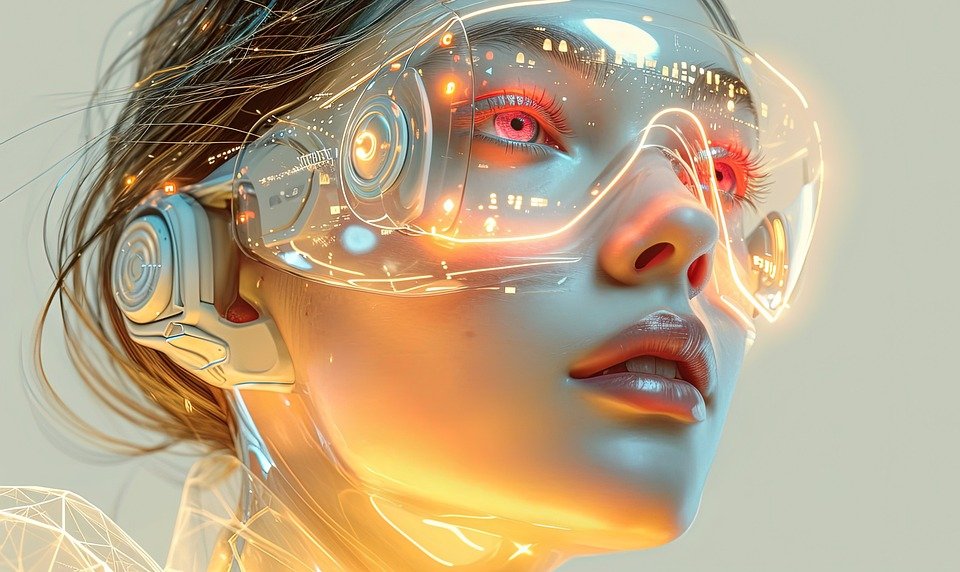Introduction:
Artificial Intelligence (AI) is no longer confined to science fiction. It is deeply embedded in our daily lives, reshaping everything from how we work to how we entertain ourselves. This article explores the various ways AI is influencing our world and what we can expect as the technology continues to evolve.
AI in Everyday Applications:
- Smart Assistants:
- Virtual assistants like Siri, Alexa, and Google Assistant help manage our schedules, control smart home devices, and provide information, making daily tasks more convenient and efficient.
- Personalized Recommendations:
- AI algorithms drive the recommendations you see on platforms like Netflix, Spotify, and Amazon, tailoring suggestions based on your preferences and behavior.
- Healthcare Innovations:
- AI is revolutionizing healthcare through predictive analytics, personalized treatment plans, and advanced diagnostic tools. From identifying early signs of disease to streamlining administrative tasks, AI is enhancing patient care and medical research.
- Autonomous Vehicles:
- Self-driving cars and delivery drones use AI to navigate and make decisions, promising safer roads and more efficient delivery services in the near future.
AI in Business and Industry:
- Customer Service:
- AI chatbots and automated customer service systems are improving response times and efficiency, providing 24/7 support and handling a wide range of queries.
- Manufacturing and Automation:
- Robotics and AI-driven automation are transforming manufacturing processes, increasing productivity, and reducing human error in production lines.
- Finance and Investment:
- AI is used in fraud detection, risk assessment, and automated trading systems, offering greater accuracy and speed in financial services.
Ethical and Social Implications:
- Privacy Concerns:
- The data collection required for AI to function raises concerns about privacy and data security. Ensuring responsible data usage and protecting user information are critical challenges.
- Job Displacement:
- While AI creates new opportunities, it also poses risks of job displacement as automation takes over certain roles. Preparing the workforce for these changes through reskilling and education is essential.
- Bias and Fairness:
- AI systems can inadvertently perpetuate biases present in their training data. Ensuring fairness and inclusivity in AI algorithms is vital for equitable outcomes.
The Future of AI:
As AI technology advances, we can expect even more transformative changes. Emerging areas like general AI, where machines exhibit broader cognitive abilities, and ethical AI development will shape the next wave of innovation.
Conclusion:
AI is increasingly becoming an integral part of our lives, offering numerous benefits and presenting important challenges. By understanding its impact and addressing its ethical implications, we can harness AI’s potential to enhance our lives while mitigating risks.
